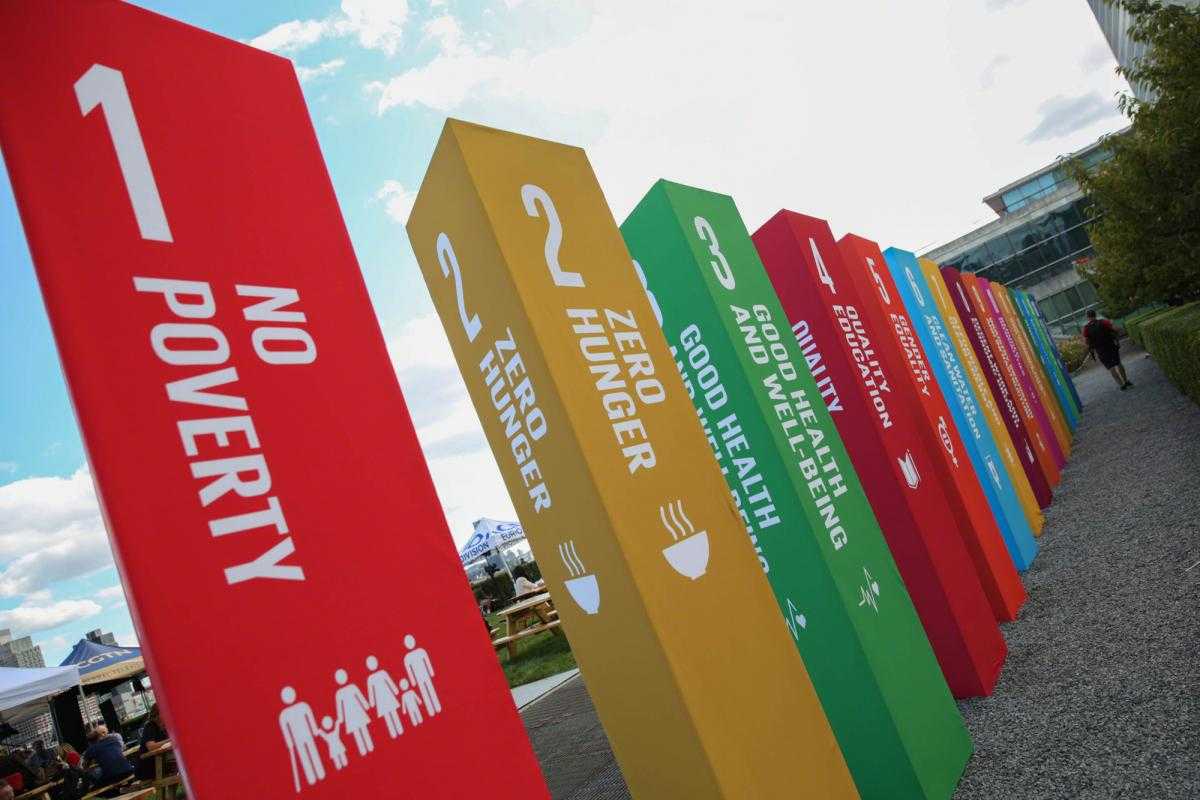World
Civil Society Coalition Examines Trends and Recommendations in VNR Reporting for Sustainable Development

A coalition of civil society organizations (CSOs) recently unveiled the eighth edition of the ‘Progressing National SDGs Implementation’ report, offering an insightful analysis of UN Member States’ reporting to the High-level Political Forum on Sustainable Development (HLPF). The report scrutinizes the status of the 2030 Agenda implementation, identifies reporting trends, and emphasizes best practices for civil society engagement.
Comprising organizations such as Action for Sustainable Development and Save The Children, the coalition also highlighted specific recommendations to enhance the Voluntary National Review (VNR) process. The online launch event provided a platform for dialogue on the convergence and divergence between official reports and civil society perspectives.
The HLPF, undergoing review this year, remains a focal point in the analysis. The report, compiled by leading CSOs, delves into ways to boost the efficacy of the VNR process, outlining strategies for improved stakeholder participation and accountability.
The launch event, held on March 19, 2024, served as a crucial juncture for discussions within the global development community. Esteemed speakers shed light on the potential of the SDGs but also highlighted the challenges in achieving them within the set timeframe.
David Donohue, former Irish Ambassador, applauded the report for its accountability mechanisms. He noted the increasing number of countries participating in VNRs over the years, signaling a robust commitment to the SDGs globally.
Lead author Wangu Mwangi presented key findings from the report, emphasizing the changing landscape of SDG implementation at the national level. Mwangi underscored the necessity of multi-stakeholder engagement and the importance of localized efforts to advance sustainable development goals.
The panel discussion featured insights from civil society representatives across various VNR countries, including Tanzania, Zambia, Chile, and Mongolia. Each speaker shared unique perspectives on the challenges and opportunities in implementing the SDGs.
In the Q&A session, recommendations were made to bolster inclusivity, localize efforts, and strengthen the partnership between civil society and government entities. The discourse highlighted the need for collaborative action to accelerate progress towards the 2030 Agenda.
As the global community navigates the complexities of sustainable development, the insights gleaned from the ‘Progressing National SDGs Implementation’ report serve as a guiding beacon for future policy decisions and collaborative efforts.












